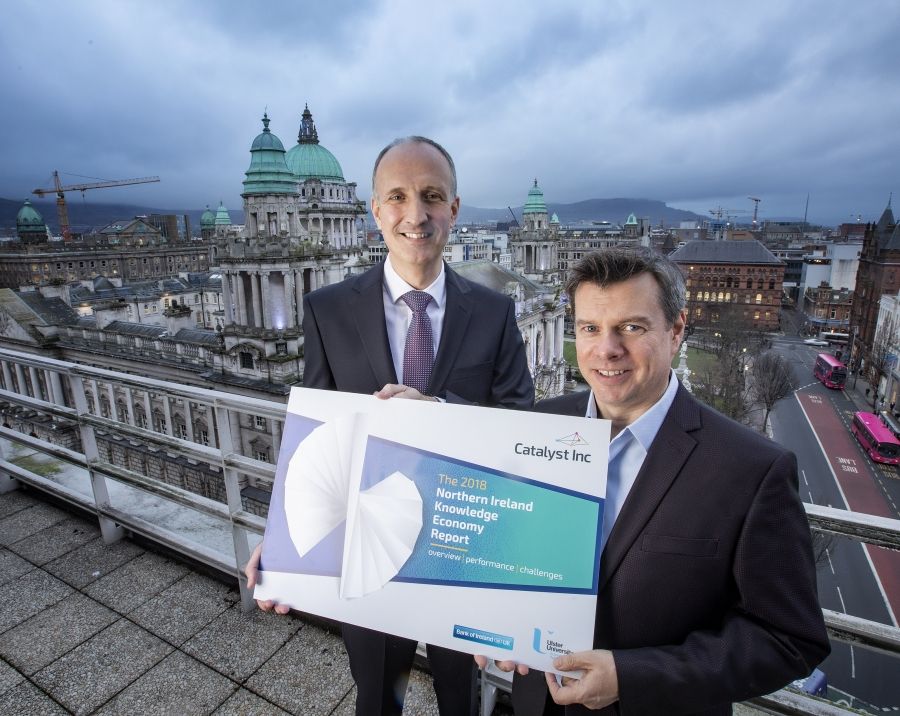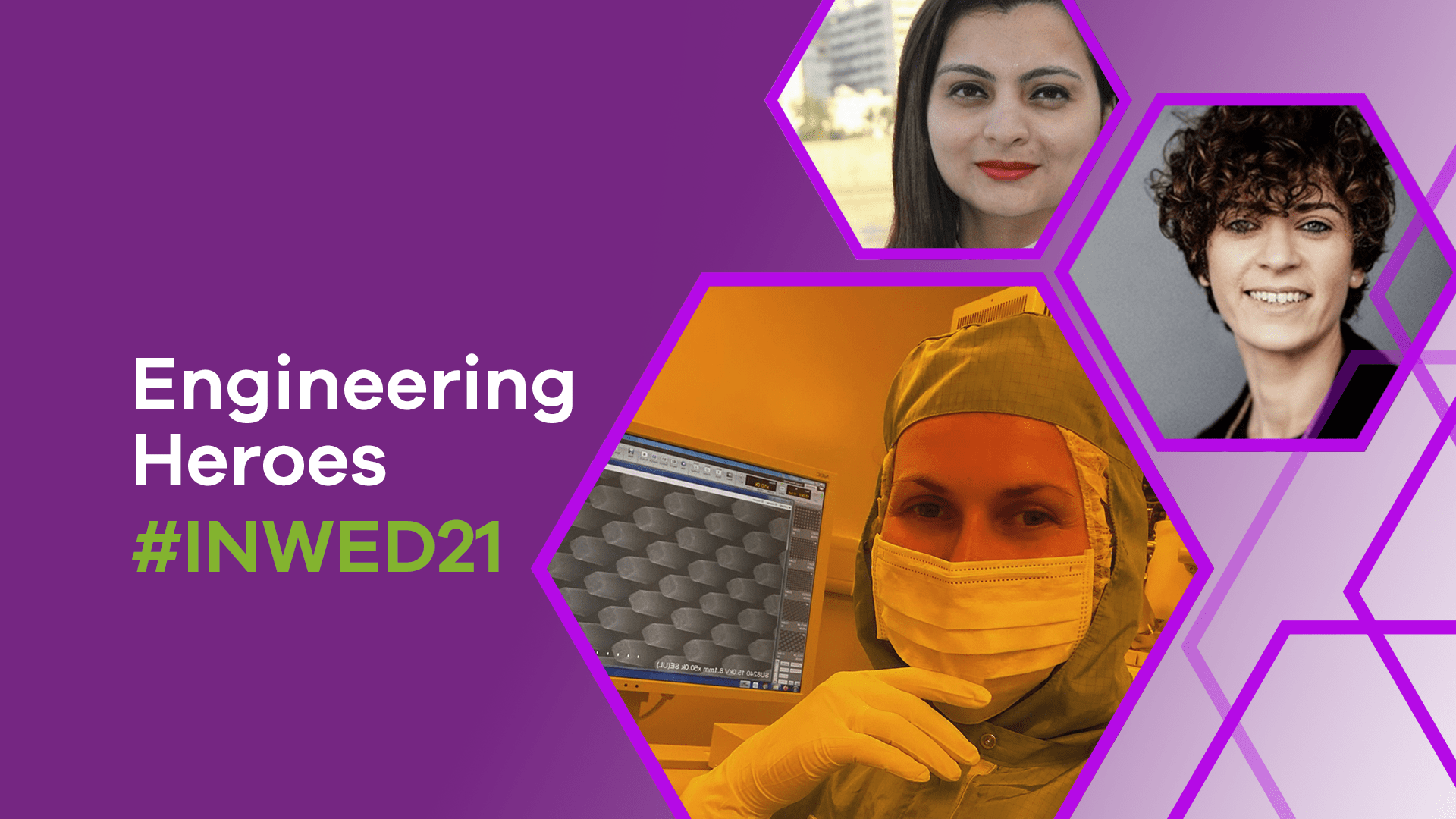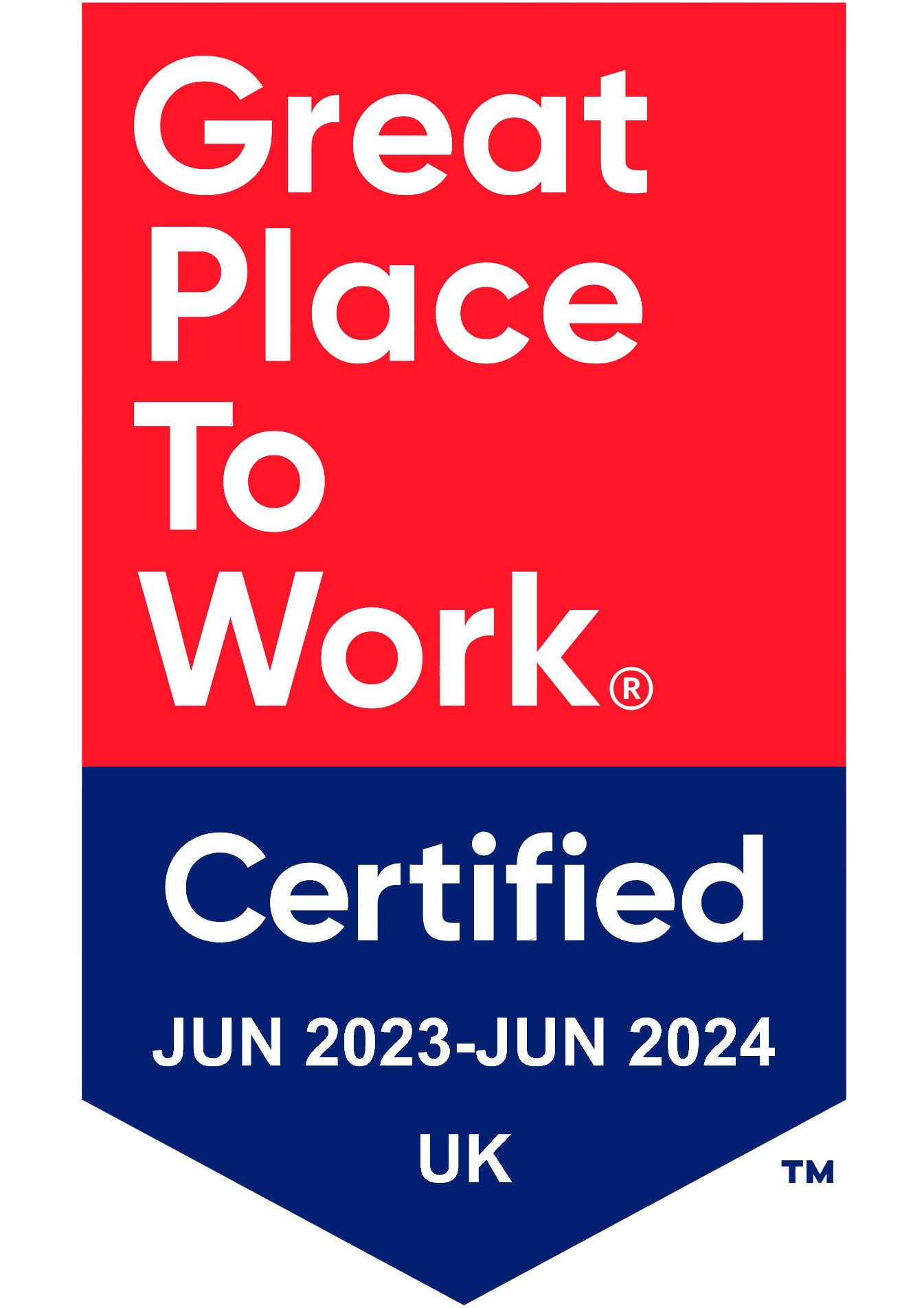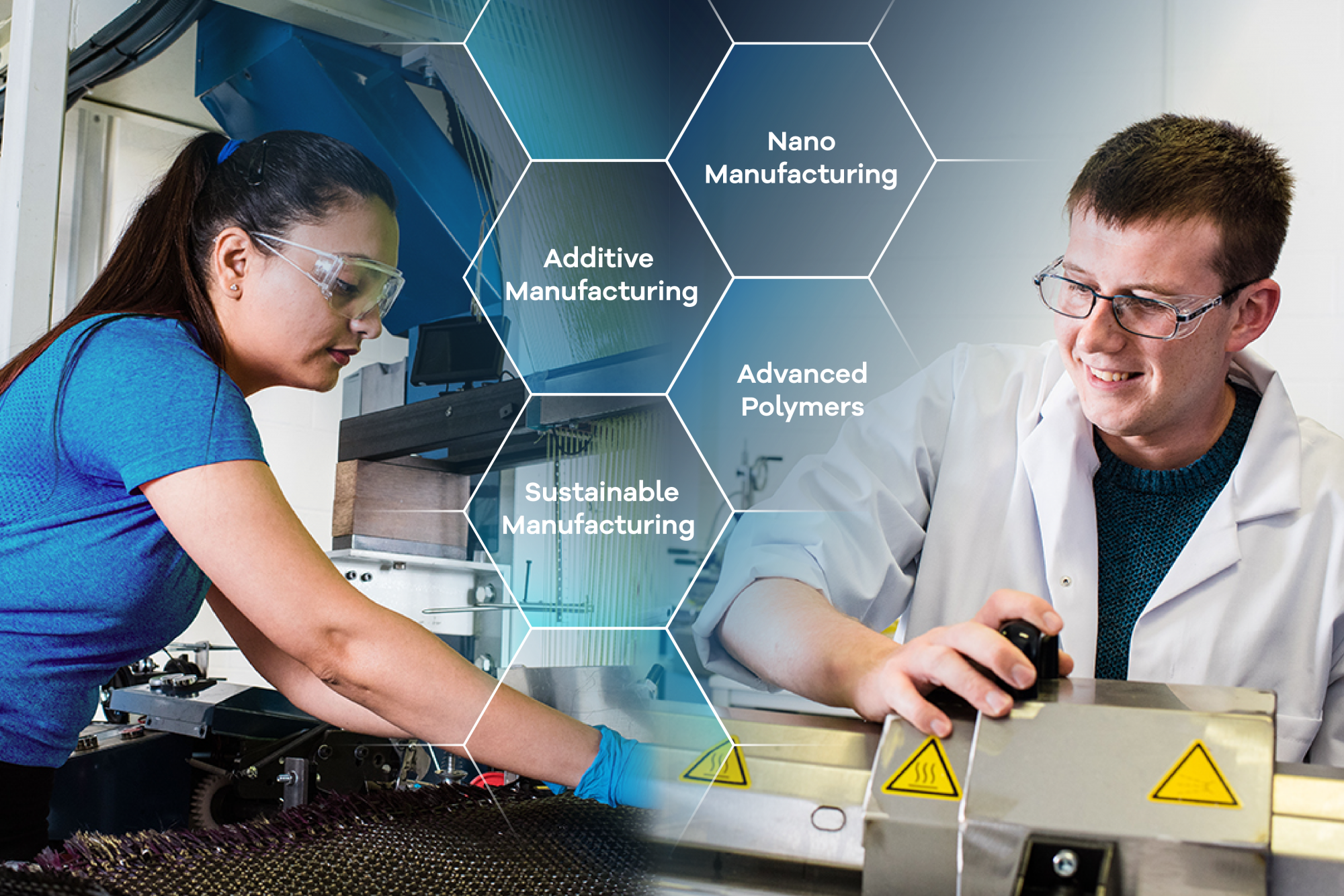
Dr. Ramesh Ghosh

Dr. Ramesh Ghosh received his PhD in Physics from Indian Institute of Technology Guwahati, India and has worked at Seoul National University as a postdoctoral researcher. Currently working at the University of Glasgow, Ramesh’s areas of expertise include nanomaterials, nanofabrication, 1D–2D heterostructures for pressure sensor, wearable health monitoring devices, image sensors and plasmonics.
The NWCAM project that Dr Ghosh is investigating is entitled “Integration of Injection Moulded Plasmonic Nanostructures into a Biosensor Device”. The project relates to the creation of injection moulded plasmonic nanopillars arrays for integration into a plasmonic biosensor device for rapid biological sensing of animal and human disease pathogens. In close collaboration with Causeway Sensors, the overall aim is to create a ’point of care’ microfluidic diagnostic platform which is rapid, highly sensitive, simplistic to use with low sample consumption.
By using sophisticated facilities such as e-beam lithographers, nanoimprint lithographers, and the injection moulding tools in the James Watt Nanofabrication Centre, University of Glasgow, Ramesh has fabricated dimension and position-controlled plasmonic metal nanostructure arrays. Experimentally fabrication and investigation on efficient plasmonic devices would be expensive and time-consuming. To overcome these challenges, Ramesh through collaboration between Queen’s University Belfast and Causeway Sensorshas developed a suitable model by using finite element method in COMSOL for investigating the photophysical properties of the metal nanostructure arrays. This project opens huge opportunities in the field of plasmonics of periodic array of nanostructured metals and the development of nanotechnology applications.
Ramesh commented “Being a part of NWCAM allows me to interact with people from different backgrounds, both in academia and industry. I have got opportunities to acquire my knowledge, skills, creativity at the best possible way with dynamism. The multidisciplinary research opens up huge inspiration to utilize technology for mankind.”
Dr. Amarra Ejaz
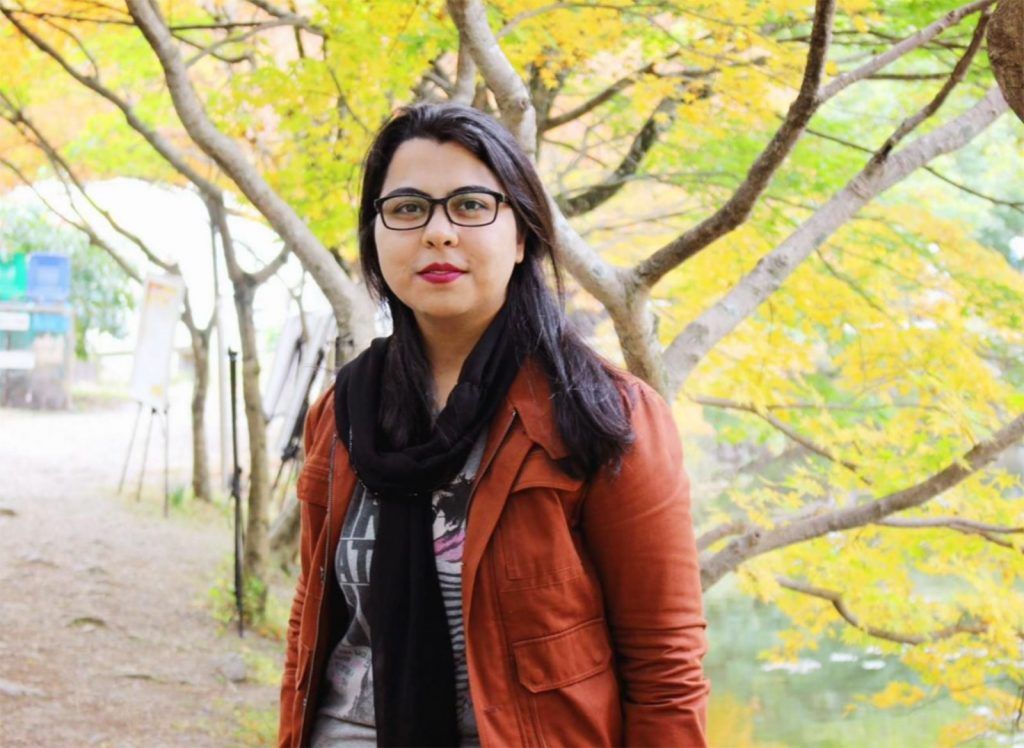
Dr Ammara Ejaz, Research Assistant in the School of Engineering, University of Glasgow is working on pre/post functionalisation of electro spun fibres with nanoparticles by exploiting covalent, electrostatic, and π – π stacking interactions for non-invasive wireless medical diagnosis, and food quality monitoring by embedding colorimetric sensors on the packaging.
Dr Ejaz gained her PhD in Electroanalytical Chemistry from Chonnam National University in South Korea, where she became a Research Professor at the Department of Chemical Engineering. Dr Ejaz’s PhD dissertation was primarily focused on an insightful in-situ study about the growth kinetics of nanoparticles from the individual influence of pyrrolic, pyridinic, graphitic–N, and solvents. She also studied the structure-reactivity correlation of nanoparticles-based catalysts for the Fuel cell, Electrochemical, and Biosensors.
Dr Ejaz is also an experienced lectured having taught for two years. In addition to research and teaching experiences, she supervised a group of high school students and several Master’s and PhD students in research from design to the execution of the project and published papers with them in peer-review journals. Dr Ejaz received two consecutive Seals of Excellence from the European Commission on her individual Marie Curie proposals. She was the Vice President of the Pakistani community during her PhD and currently is an active member of the Athena Swan Committee at the University of Glasgow, encouraging and supporting female involvement in the universities’ success.
Dr Ejaz’s research activities and directions are dedicated to the advancement of novel solutions and techniques for future m-Healthcare technologies, Global Warming, and Food quality monitoring. These include:
- Designing novel and unique characteristic materials by incorporating her rare set of skills spanning Colloidal and Material Chemistry, Nanoparticle’s Growth Kinetics, Heterogeneous Catalysis, Electrospinning, Electrochemistry, and Spectroscopic analysis for abating the grave challenge of global warming while tackling the energy crisis and achieving the objective of a climate-neutral EU-UK by 2050 simultaneously.
- Devising a healthcare system that will leverage her expertise in m-Health for remote diagnosis and monitoring by designing a low-cost Point-of-care sensor integrated with data acquisition and conditioning electronics in a plug-n-play type fashion. This area of research interest looks at the final goal of equipping the National health services (NHS), UK, by providing an integrated system to lower the overall cost and hospital admissions, to avoid the discomfort of diagnosis, and provide ease of operation at a domestic level optimally.
- Another area of interest is interlinked with global warming but is channelling through the prevention of Food waste control which consequently results in the production of greenhouse gases. The efforts will be dedicated to designing smart materials for Smart packaging to protect food from damage during its transportation from farms to retailers but can also aid in other efforts to reduce food waste by attaching smart sensors on its surface which can indicate its freshness level. Each area of her research interest is focused on achieving a goal in the next 30 to 50 years and carries an undeniable industrial and academic impact on the global future.
Reflecting on her current research assistant role within NWCAM, Dr Ejaz said: “I think of my involvement in the NWCAM project as an invaluable addition of skills for my career growth where I learned a set of new skills on electrospinning, printing material for point-of-care, wireless and disposable sensors. I will be able to advance this experience to tackle grave challenges of Global Warming, Energy Crisis, Food Quality Monitoring, and m-Health by combining my fundamental chemistry background and interest of Material’s Insightful investigation and its modelling through DFT and Computational Chemistry”.
